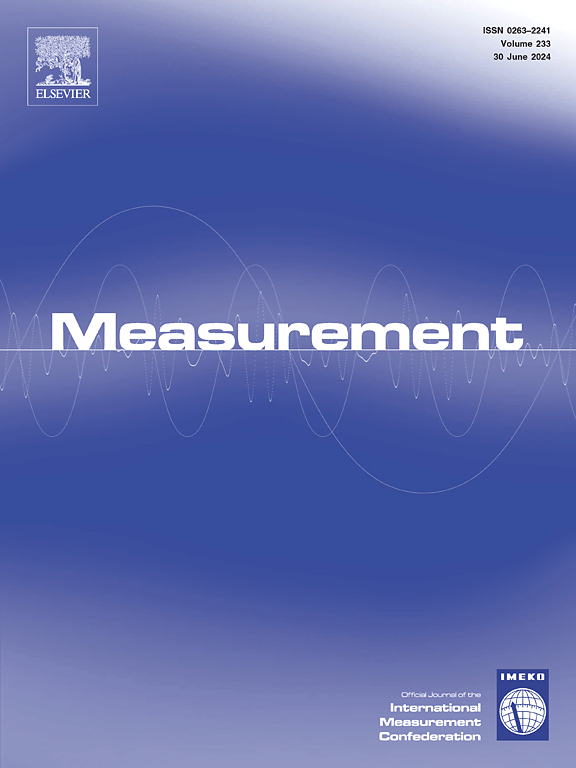纳米工程生物传感器:利用尖端纳米材料推进冠状动脉疾病诊断
IF 5.2
2区 工程技术
Q1 ENGINEERING, MULTIDISCIPLINARY
引用次数: 0
摘要
冠状动脉疾病(CAD)是世界范围内高度流行的心血管疾病,迫切需要有效的诊断策略。CAD生物标志物的早期检测对于降低死亡率至关重要。目前的诊断方法面临着灵敏度低、成本高、处理时间长、选择性差、依赖造影剂和程序侵入性等局限性。纳米工程生物传感器已经成为一种变革性的替代方法,能够实现高灵敏度、选择性、快速、成本效益高、无标签、微创/无创的CAD生物标志物体外检测。本文综述了纳米生物传感器在CAD早期诊断中的最新进展。它检查了CAD的全球流行,讨论了关键的CAD生物标志物,并总结了生物传感器和纳米材料的设计类型。文章重点介绍了研究人员开发的定制生物传感器平台,强调了它们在检测临床样品(例如:血清、血浆等)中的CAD生物标志物方面的性能。因此,这些生物传感器表现出优异的灵敏度、选择性、宽线性范围、低检测限、稳定性和可重复性。尽管挑战依然存在,纳米生物传感器技术的进步为早期CAD生物标志物检测带来了巨大的希望。这些先进的生物传感器的未来应用可以通过及时干预来彻底改变CAD管理,最终减少心血管疾病(cvd)的负担。本文章由计算机程序翻译,如有差异,请以英文原文为准。
Nanoengineered biosensors: Advancing coronary artery disease diagnosis with cutting-edge nanomaterials
Coronary artery disease (CAD) is a highly prevalent cardiovascular disorder worldwide, underscoring the urgent need for effective diagnostic strategies. Early detection of CAD biomarkers is critical to mitigate mortality rates. Current diagnostic methods face limitations such as low sensitivity, high costs, long processing times, poor selectivity, reliance on contrast agents, and procedural invasiveness. Nanoengineered biosensors have emerged as a transformative alternative, enabling highly sensitive, selective, rapid, cost-effective, label-free, and minimally/non-invasive in vitro detection of CAD biomarkers. This review focuses on the latest advancements in nano-biosensors for early CAD diagnosis. It examines the global prevalence of CAD, discusses key CAD biomarkers, and summarizes the types of biosensors and nanomaterials used in their design. The article highlights customized biosensor platforms developed by researchers, emphasizing their performance in detecting CAD biomarkers in clinical samples (for example: serum, plasma, etc.). As a result, these biosensors demonstrate excellent sensitivity, selectivity, wide linear ranges, low detection limits, stability, and reproducibility. While challenges remain, the progress in nano-biosensor technology holds significant promise for early CAD biomarker detection. Future applications of these advanced biosensors could revolutionize CAD management by enabling timely intervention, ultimately reducing the burden of cardiovascular diseases (CVDs).
求助全文
通过发布文献求助,成功后即可免费获取论文全文。
去求助
来源期刊

Measurement
工程技术-工程:综合
CiteScore
10.20
自引率
12.50%
发文量
1589
审稿时长
12.1 months
期刊介绍:
Contributions are invited on novel achievements in all fields of measurement and instrumentation science and technology. Authors are encouraged to submit novel material, whose ultimate goal is an advancement in the state of the art of: measurement and metrology fundamentals, sensors, measurement instruments, measurement and estimation techniques, measurement data processing and fusion algorithms, evaluation procedures and methodologies for plants and industrial processes, performance analysis of systems, processes and algorithms, mathematical models for measurement-oriented purposes, distributed measurement systems in a connected world.
 求助内容:
求助内容: 应助结果提醒方式:
应助结果提醒方式:


